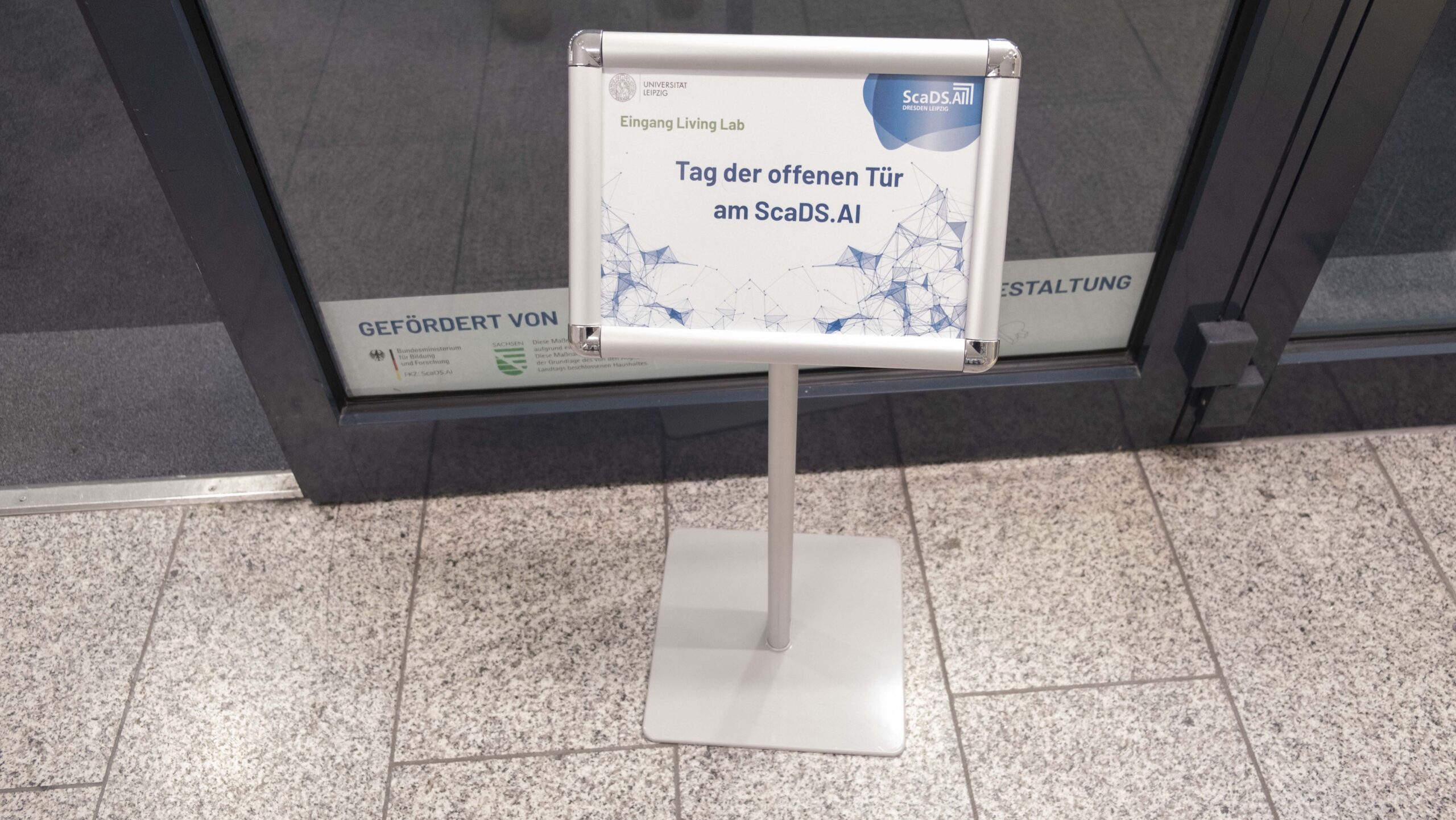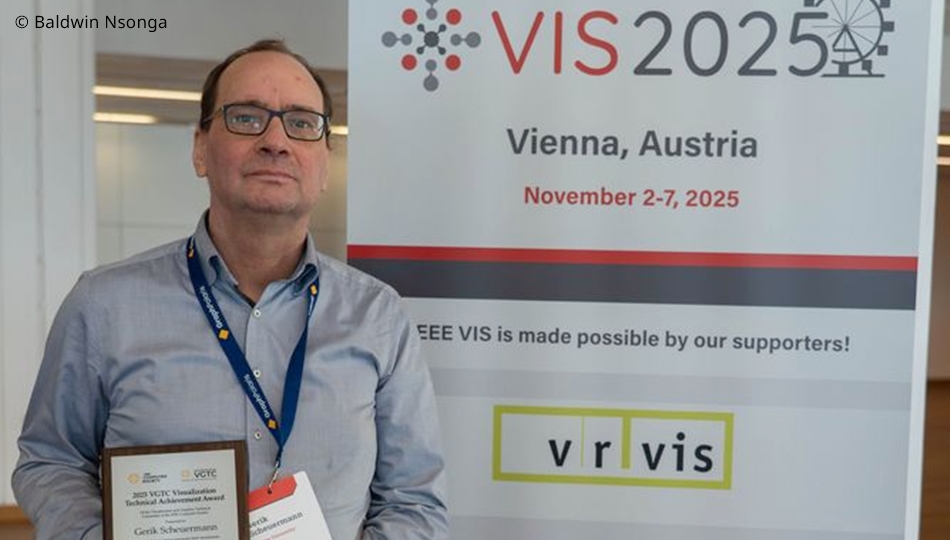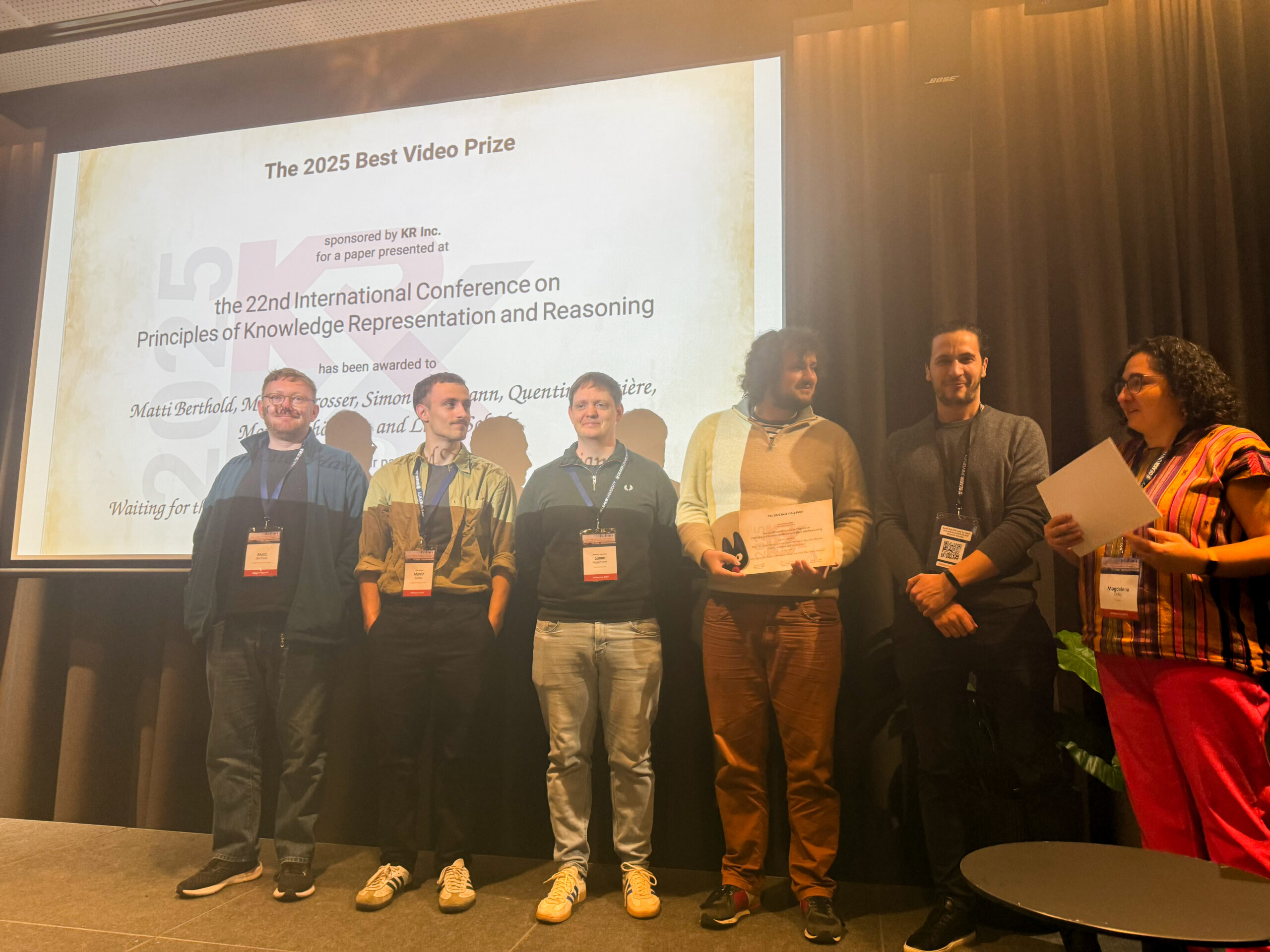June 28, 2021
ISC2021 – Alpha Centauri placement, virtual stand and exciting presentations
182nd place in the 57th Top500 list for new HPC cluster Alpha Centauri
In the Top500 spring list of the world’s fastest supercomputers, traditionally published at the ISC High Performance (ISC), the Alpha Centauri system installed at the Center for Information Services and High Performance Computing (ZIH) of the TU Dresden reached 182nd place, putting the supercomputing cluster of the Technische Universität Dresden in 17th place in Germany. The special feature of this ranking is that our cluster made it into the current list with only 34 very powerful compute nodes. When procuring this expansion, the focus was not only on pure computing power, but also on meeting the very specific requirements of users in the field of AI and machine learning (ML).
The heart of the HPC cluster and decisive for the computing power are the 272 NVIDIA A100 GPUs, eight of which are contained in each compute node. Their theoretical maximum performance for floating-point operations is more than 2.6 PFlop/s for 64-bit (double precision), more than 5.3 PFlop/s for 32-bit (single precision) and more than 42 PFlop/s for FT32-to-FP32 tensor operations. In addition, each node has a 1 TB main memory and 3.2 TB local NVMe cache to quickly supply the GPUs with data. The fast connection to the central HPC storage complex is provided by two HDR Infiniband cards each with 400 Gbit/s network bandwidth at very low latency. The maximum power consumption of a node is 4.8 kW. Direct hot water cooling (DLC) ensures high energy efficiency while utilising the waste heat.
Alpha Centauri at ZIH
The system, which went into operation at the end of February, was provided by NEC Deutschland GmbH. However, free capacities are also available to research throughout Germany as part of the National High Performance Computing (NHR), for which the ZIH has been funded by the federal government and the Free State of Saxony as one of eight locations since January 2021.
“In view of the exploding HPC and analysis needs in more and more scientific application areas – but especially due to the expected further growth in terms of data volume, size and complexity of these applications – ZIH must continuously increase the performance of its computing infrastructure with the help of the latest technologies, while also constantly rethinking the design of its computer architecture. With the requirements of our AI competence centre ScaDS.AI and the close cooperation of HPC, Big Data, performance, I/O experts, etc., with permanent direct feedback to the various disciplines, the challenge remains to efficiently exploit the performance of these systems using suitable methods,” summarises Prof. Wolfgang E. Nagel, head of the ZIH and scientific spokesperson of ScaDS.AI Dresden/Leipzig, with regard to the current Top500 ranking.
The new supercomputing cluster was integrated into the existing powerful HPC infrastructure of the ZIH. In addition to the specialised HPC resources, we offer our users individual support and comprehensive advice on how to use the systems efficiently for scientific research. The ZIH continuing education programme is currently being massively expanded in close coordination with the other NHR locations. Dedicated formats are being developed for the ZIH methodological focus areas of Big Data and data analysis and management, machine learning, tiered storage architectures and I/O optimisation, as well as performance and energy efficiency analysis and optimisation, which are scheduled to begin this summer.
ScaDS.AI Dresden/Leipzig and the ZIH present themselves with a virtual stand and scientific contributions
With this very real Top500 placement, the ZIH can round off its otherwise unfortunately only virtual trade fair presence at this year’s ISC. At the virtual booth, we will present a broad spectrum of our current work in the areas of high-performance computing, machine learning and high-performance data analytics, which we will underpin in the scientific ISC programme with numerous virtual conference contributions on the main topics of our research, from AI, machine learning and data analytics, to performance analysis of HPC applications, to the presentation of the performance tools we have developed, as well as an LLVM compiler workshop.
Virtual Booth
Contributions
ZIH contributions to the scientific conference program:
- “Hands-on Practical Hybrid Parallel Application Performance Engineering”, tutorial with Bill Williams (ZIH) on 24 June, from 14:00 hrs.
- “Guidelines for HPC data centre monitoring and analytics framework development”, BoF session with Thomas Ilsche (ZIH) on 30 June, starting at 14:00
- “Performance Analysis for new HPC programming models”, Focus presentation by Andreas Knüpfer (ZIH) on 1 July, starting at 15:35
- “4th HPC Applications in Precision Medicine Workshop” by Andreas Deutsch (ZIH) on 2 July, starting at 2:00 p.m.
- “Machine Learning on HPC Systems”, workshop with Sunna Torge (ZIH) and Peter Winkler (ZIH) as well as Nico Hoffmann (TU Dresden) on 2 July, starting at 2:00 p.m.
- “LLVM-CTH: The Second Workshop on LLVM Compiler and Tools for HPC” with Anja Gerbes (ZIH) on 2 July, starting at 2:00 p.m.
ZIH
The ZIH is the university IT centre of the TU Dresden. For more than 20 years, it has operated HPC systems as a centre of excellence for high-performance computing – always with a focus on data-intensive applications. Since the beginning of 2021, ZIH has been one of eight NHR centres in the “National High Performance Computing” initiative of the Joint Science Conference (GWK) and the German Research Foundation (DFG), thus supporting academic research throughout Germany.






